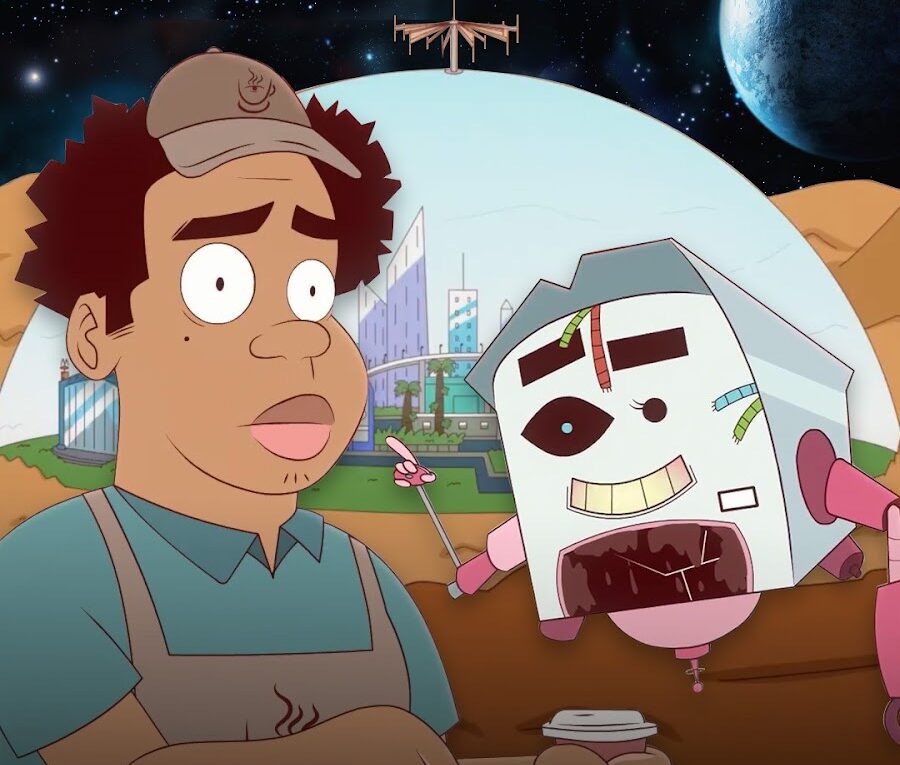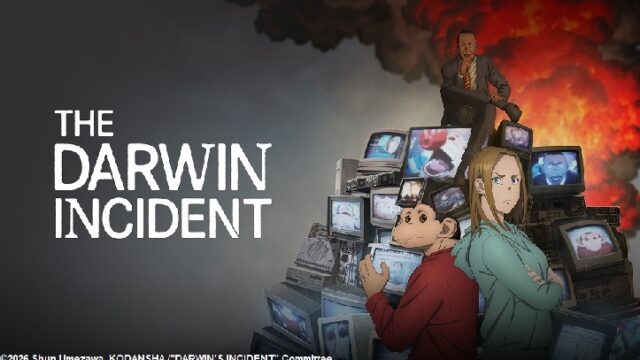Review: Maurice on Mars “Mars Money, More Problems!”
Overview:
Maurice’s addiction to Mars’ local candy bar has gotten out of hand. After gaining an unhealthy amount of weight, Maurice’s friends convince him it is time to give up Binary Bars for good. However, without his lone purchase of the treat, the entire company goes bankrupt, leading to the first recession on Mars. With the entire planet against him, Maurice does the only thing he can, buys more Binary Bars.
Our Take:
With South Park attempting to keep the Comedy Central animation alive and relevant, it looks like the company may be looking to boost things up with new projects. Enter Maurice on Mars, a three-piece collection of animated shorts distributed on the Comedy Central YouTube channel. The 15-minute series is the brainchild of Tim Barnes (The Tonight Show) and features the talents of Dwayne Kennedy (How High) and Lori Beth Danberg (All That).
Maurice on Mars has released all three of its episodes throughout the month of June 2022 and is now available in its completion. We are assuming this was a test run to determine how a full series could work and be received. Thankfully, YouTube has made the premise of a pilot episode cheaper and more accessible to the viewers. Subsequently, the website’s comment section can ultimately hold a series’ fate.
Truthfully, Maurice on Mars has failed to garner as much attention as more successful animated shorts, and the potential audience has been equally unkind. Reception has not favoured the collection of five-minute episodes, and it is easy to see why.
The most apparent problem with Maurice on Mars is that the show expected to entertain on premise alone. The series features the futuristic theme of a colonized Mars and follows the main character as he attempts to maintain his minimum wage position within the unstable economy. On paper, the show has promise with an approach to commentary on the downfall of Earth and the troubles with our financial system. However, the fifteen minutes of content available fails to get that deep, and there is not much past the surface themes.
Adult animation is built on the backs of viewers with attention disorders that expect witty humour, layered plots, and love-to-hate characters all wrapped up in a colourfully eye-pleasing aesthetic. Maurice on Mars missed all of those marks. Worse is the fact that the limited series wasted one-third of its airtime with a first episode that introduced far too many unoriginal characters. And while the series showed that it could deliver a plot with its follow-up episodes, it also lacked the complexity expected of an animated series made for adults.
Comedy Central would have to be blind to produce Maurice on Mars any further with the way its stands. However, we hope it is not the last we see from its creators. There is always room for more adult animated content in the world. With some lessons learned, inspired content, and an injection of humour from established comedians, Maurice on Mars could evolve into something bolder, original, and viewer-friendly.














"There are also other characters that come and go (also owned by the Warner Bros. Discovery conglomerate media company)."
Huh. Is that just referring to other characters from the show itself, or is this implying that the new season is going to have cameos from other WBD IPs